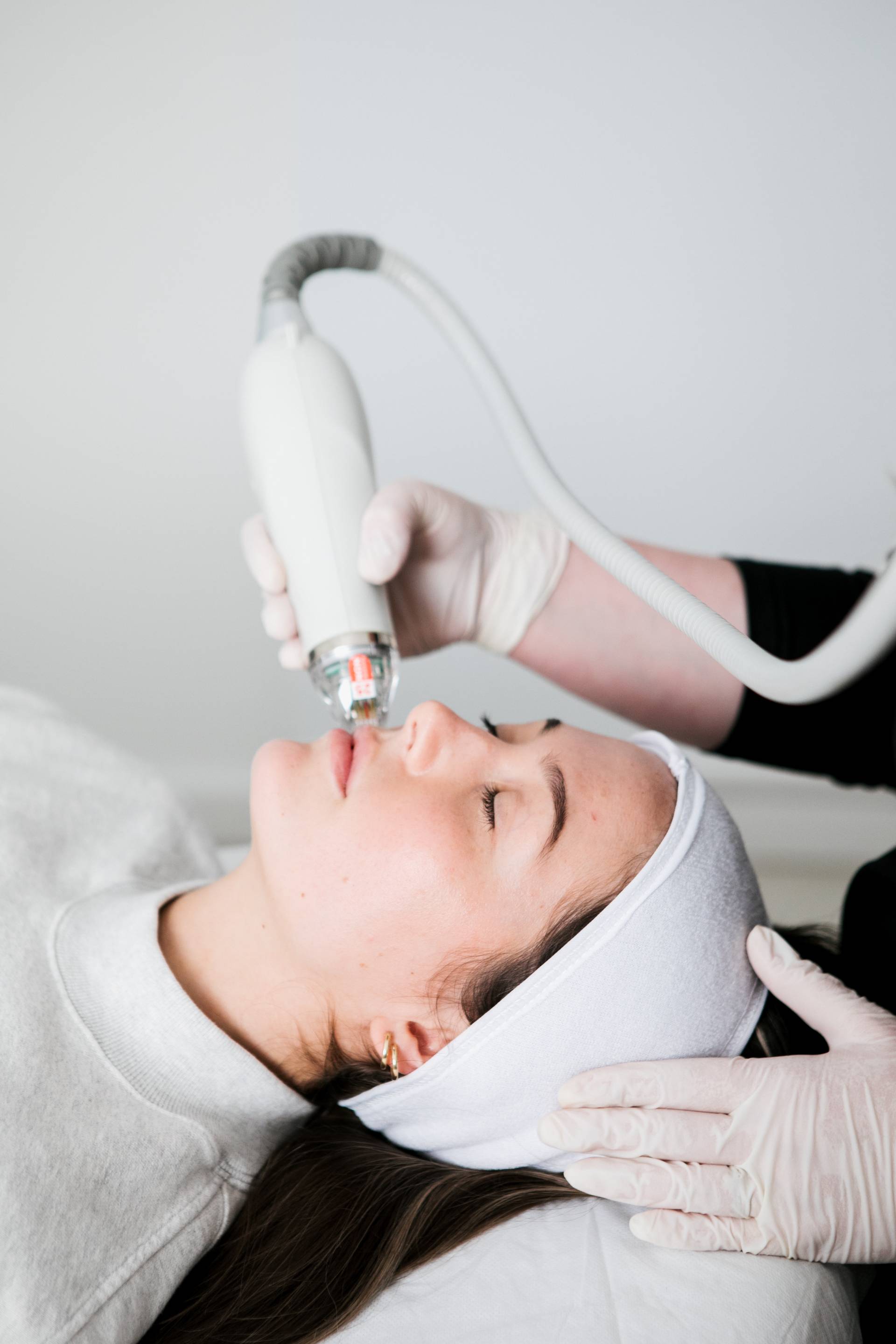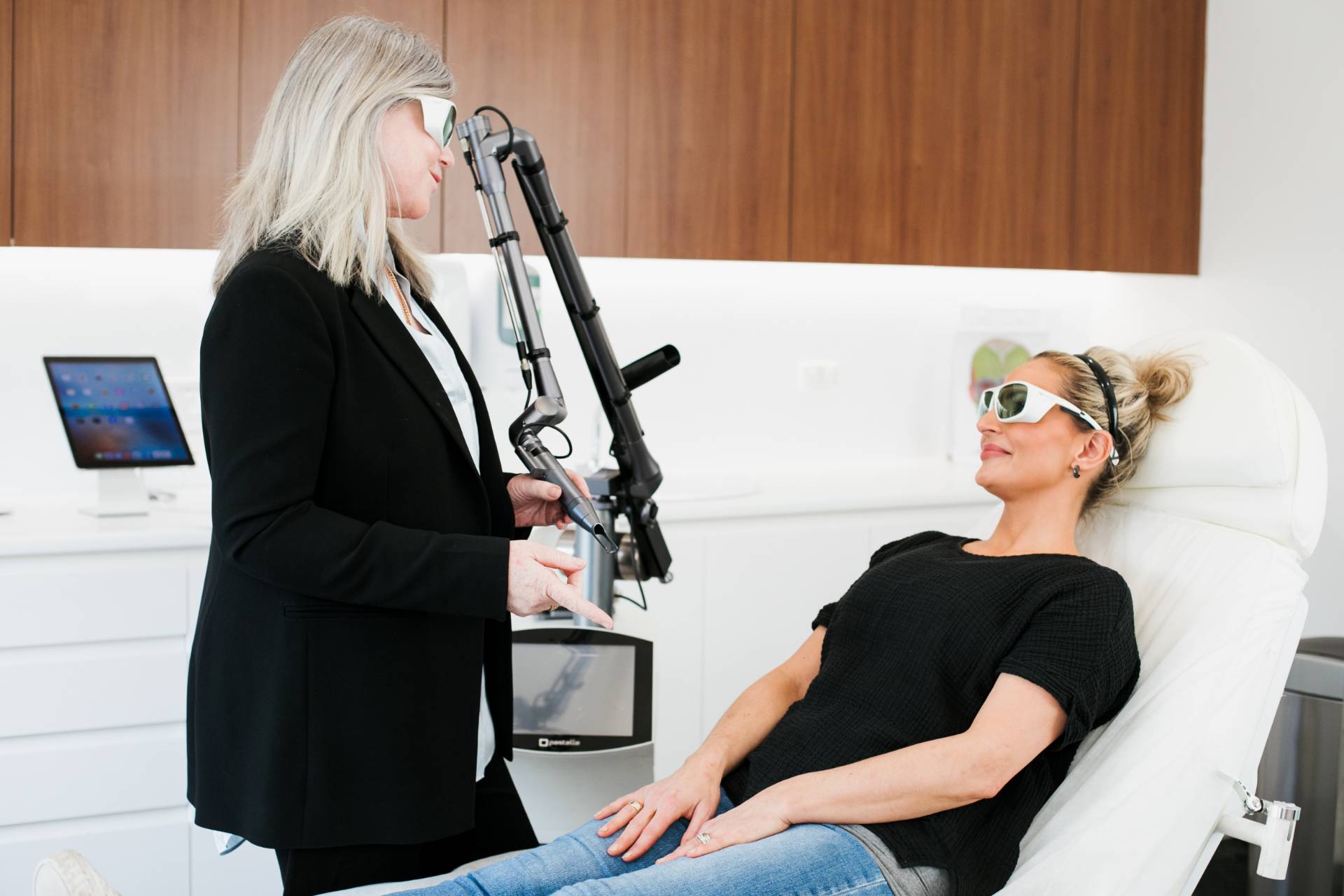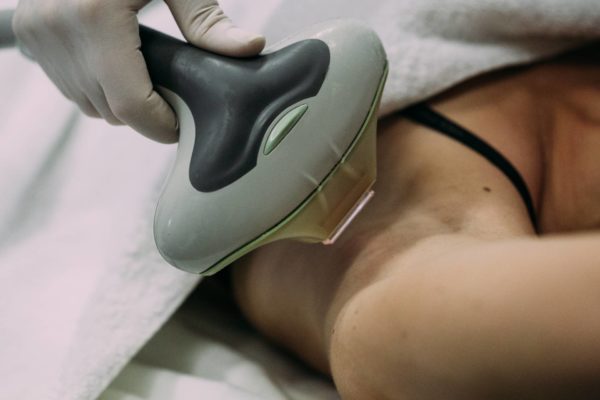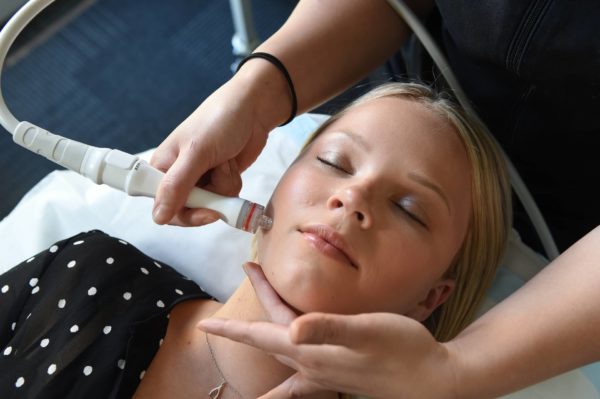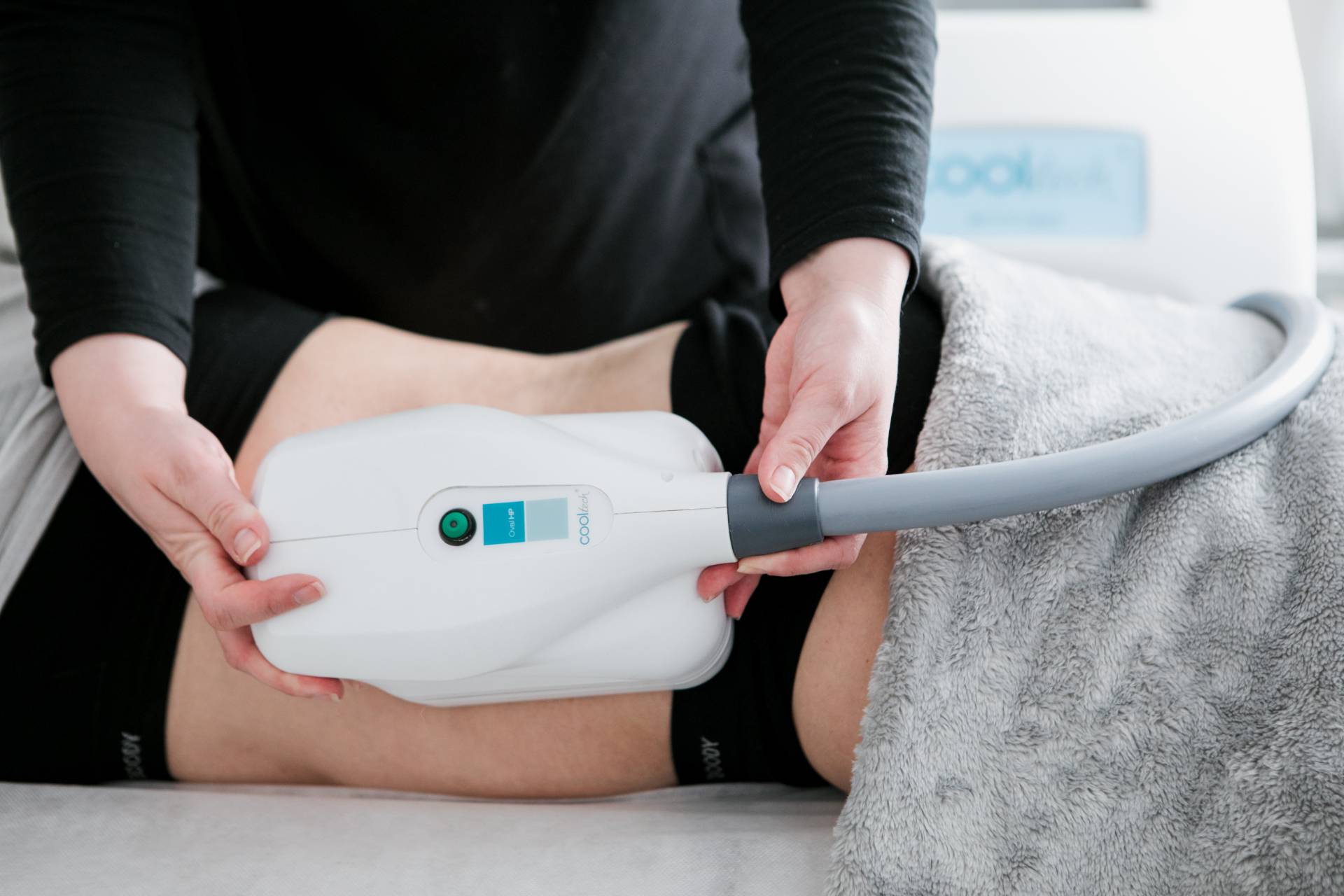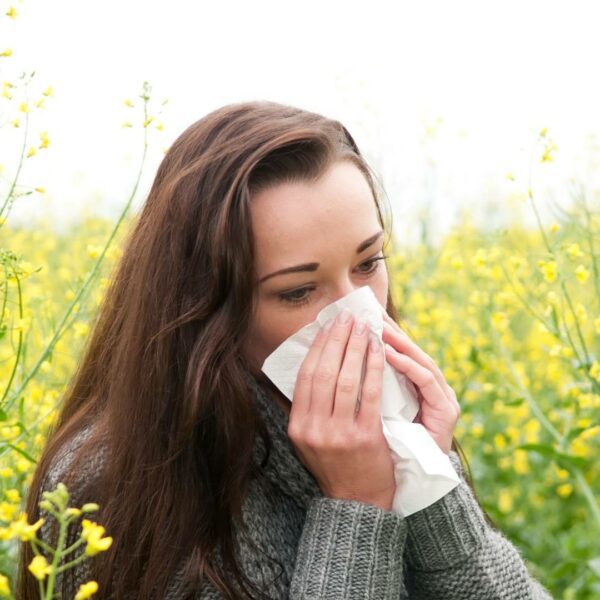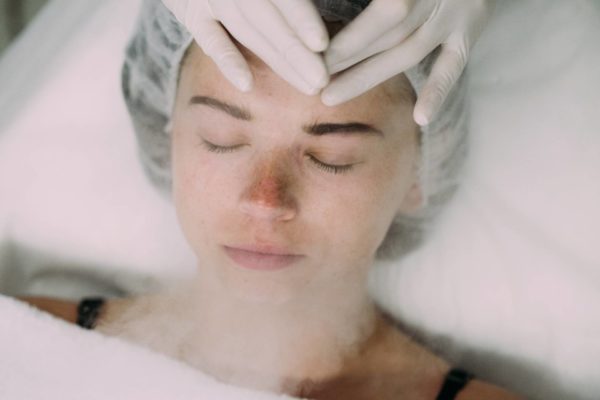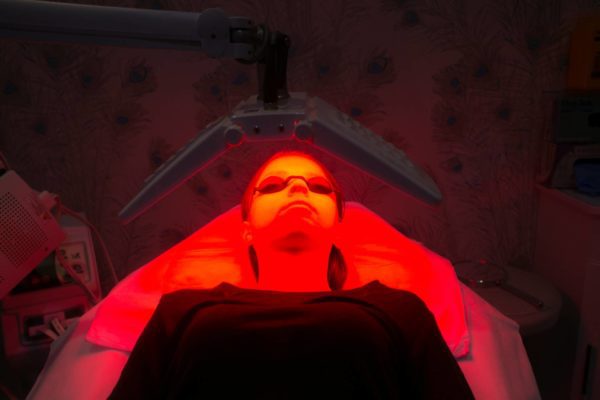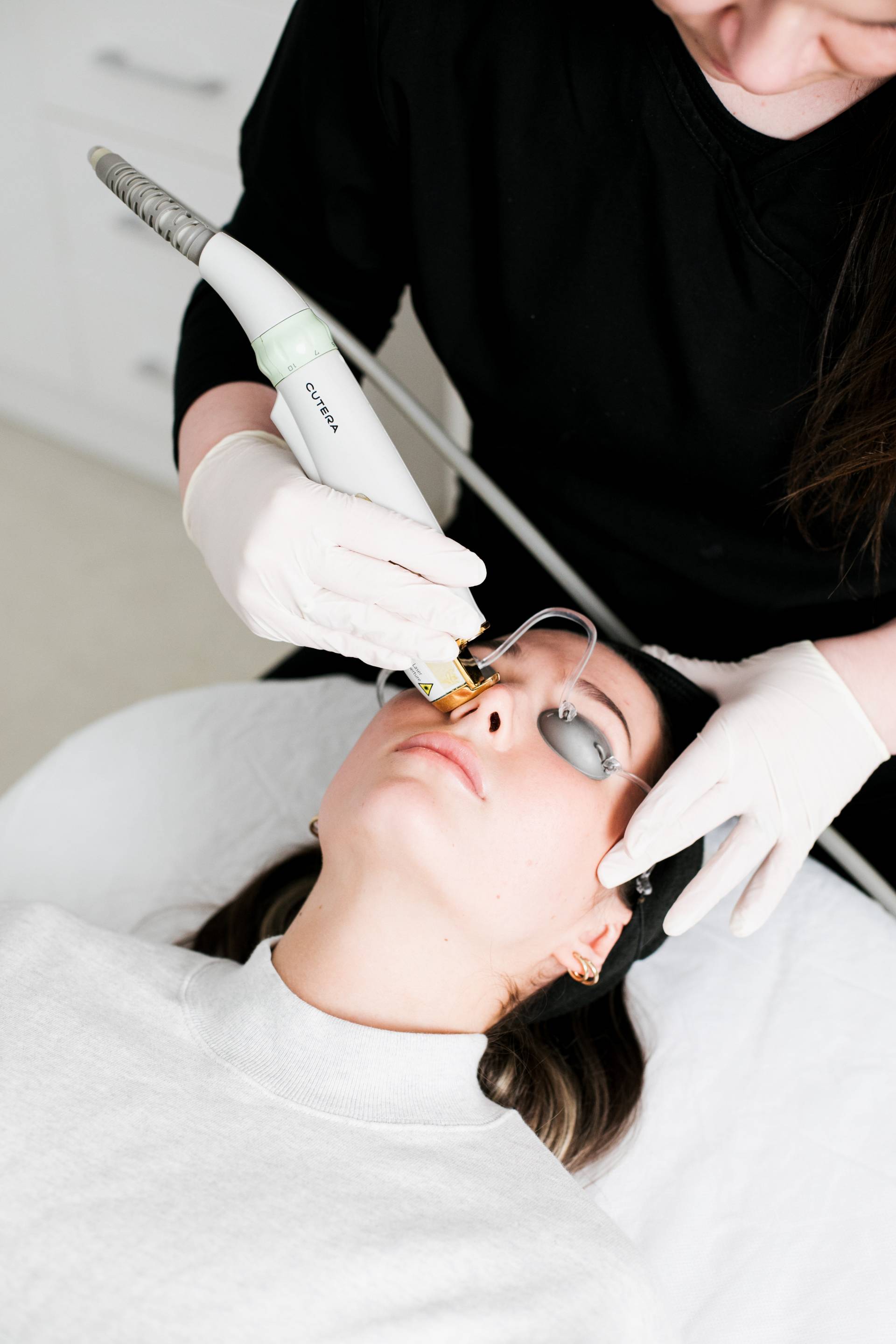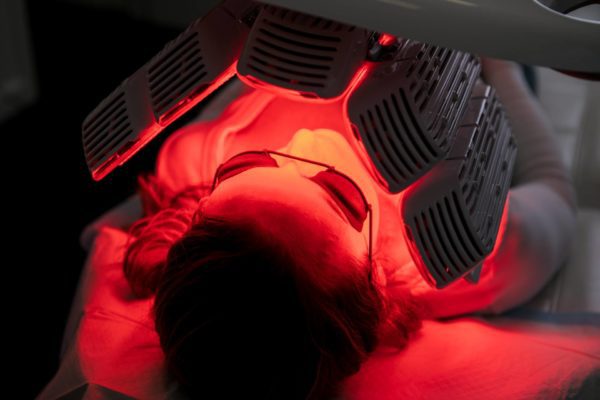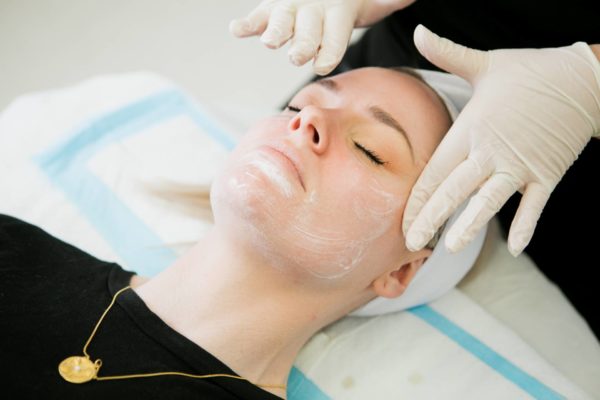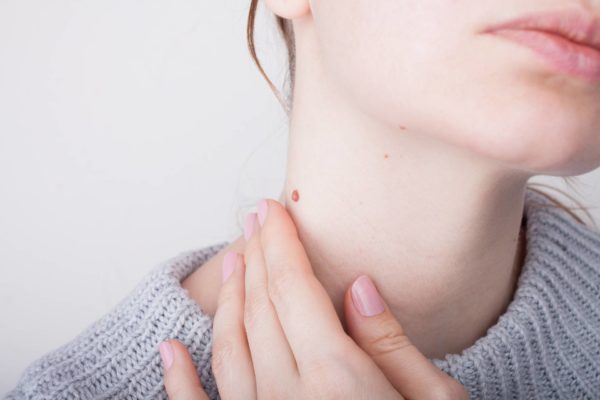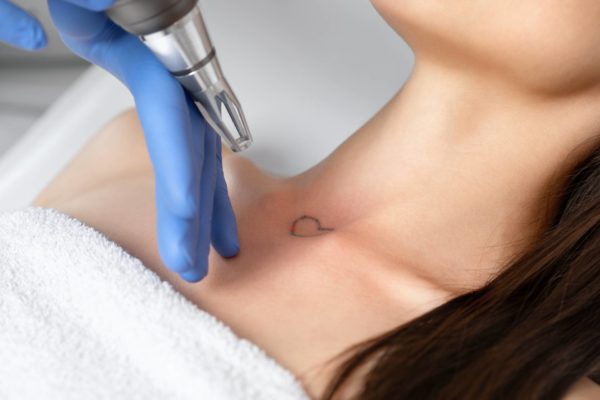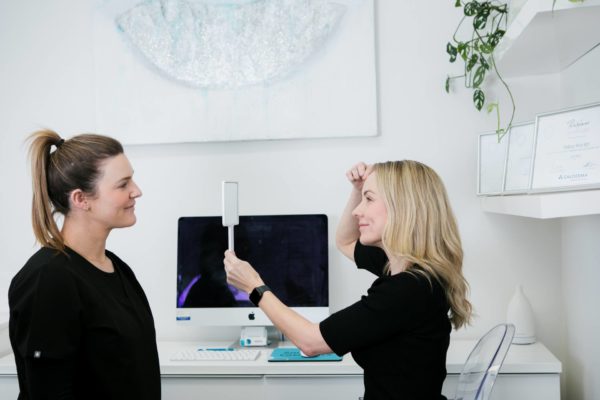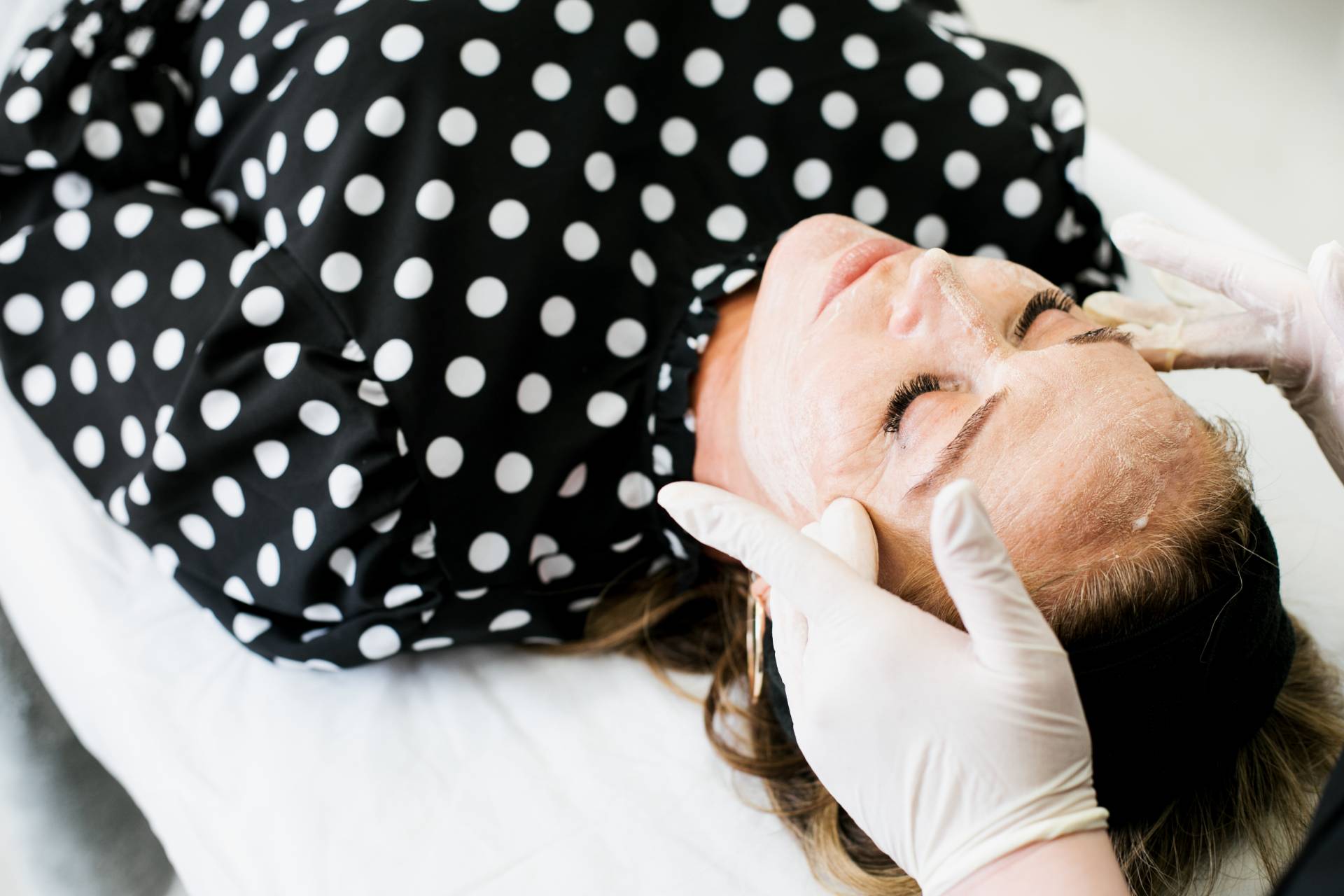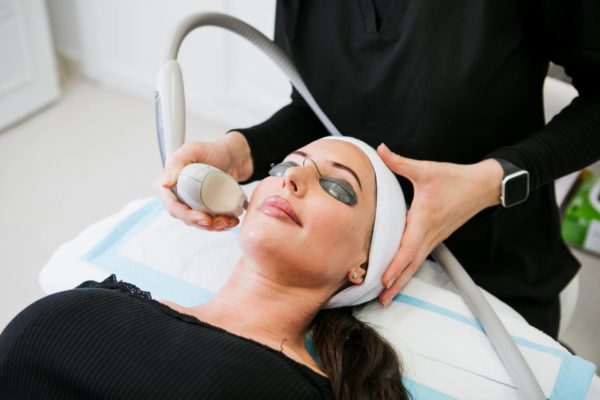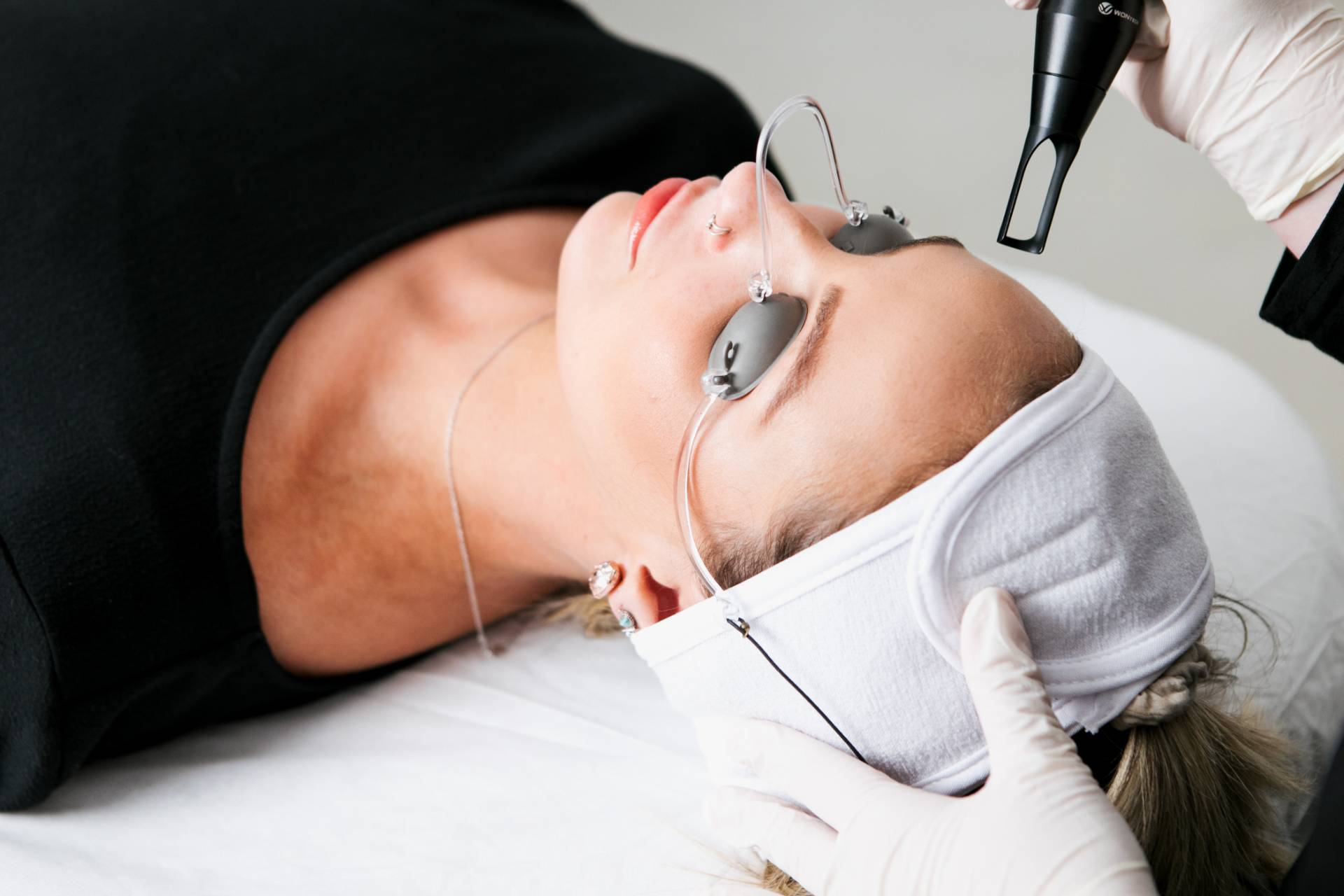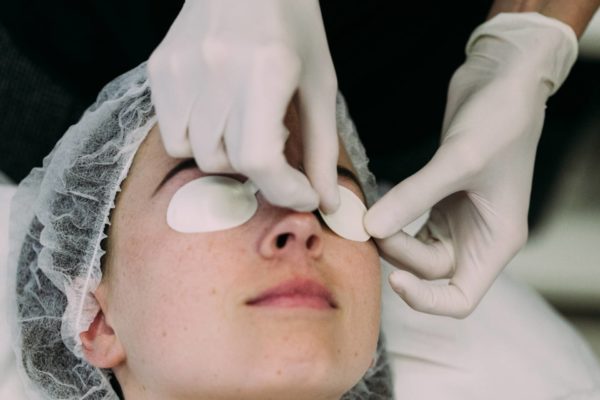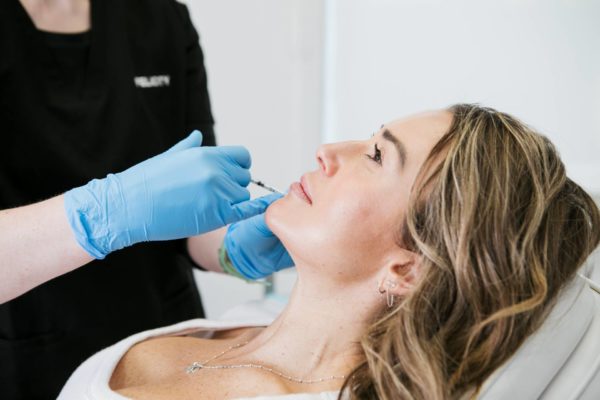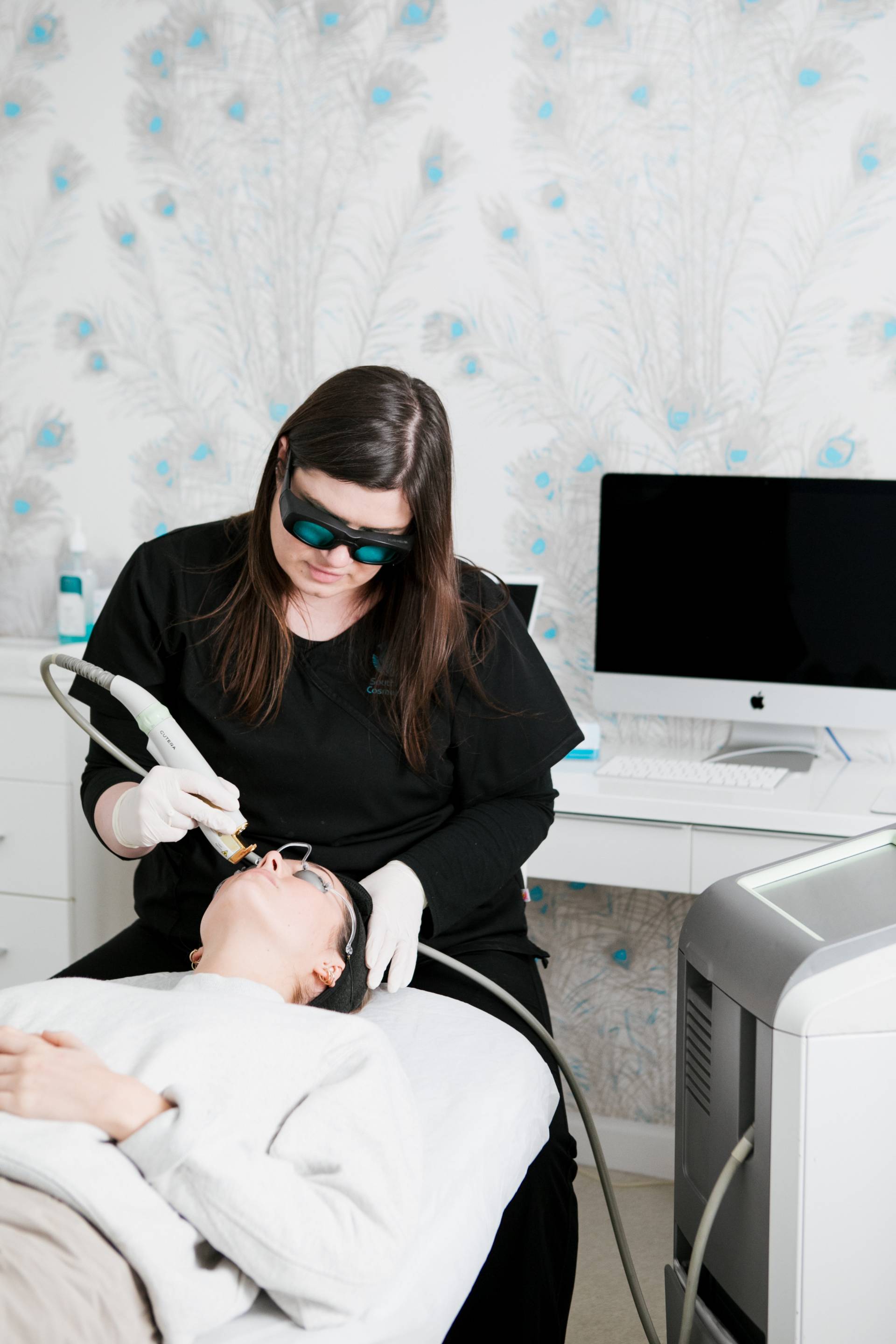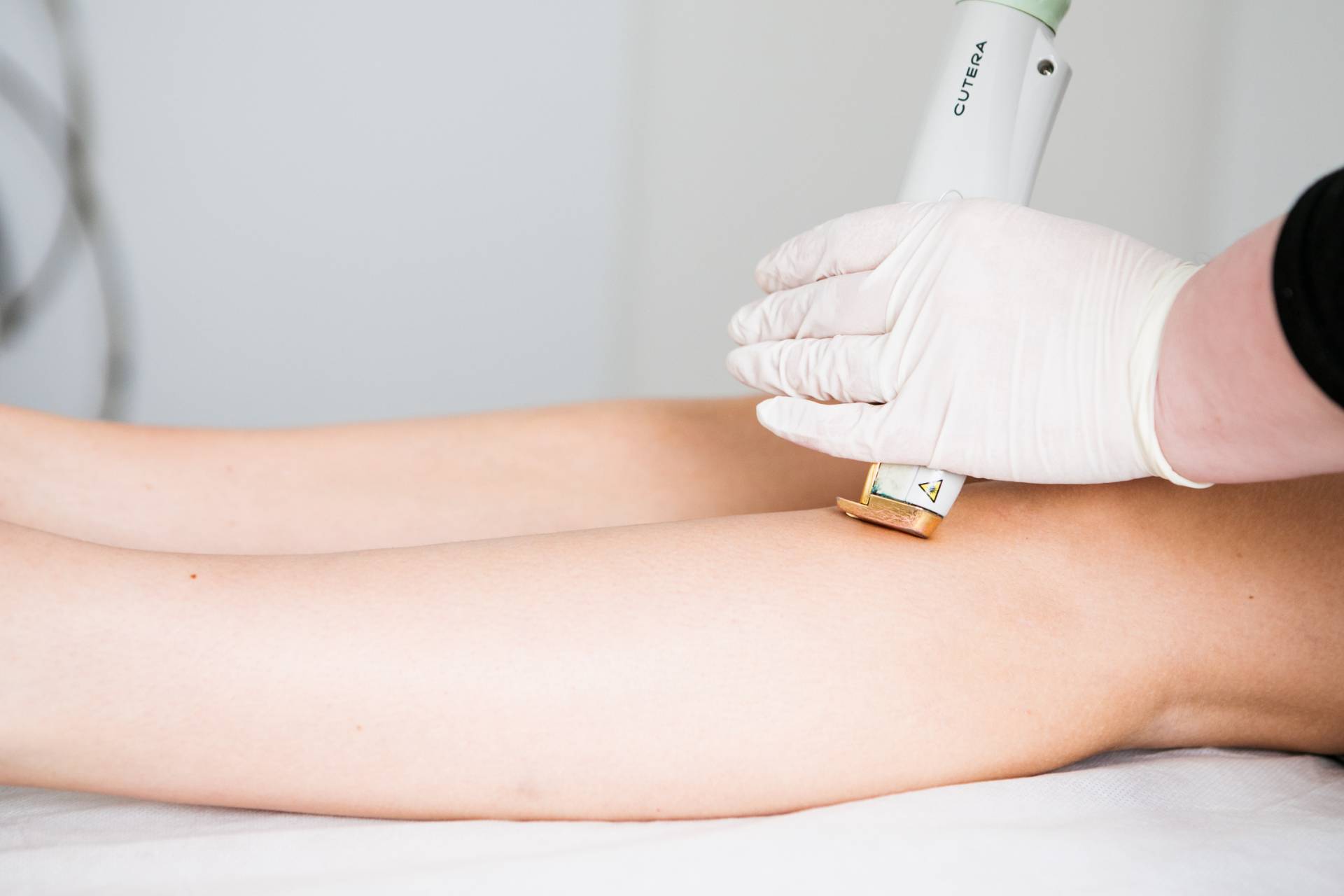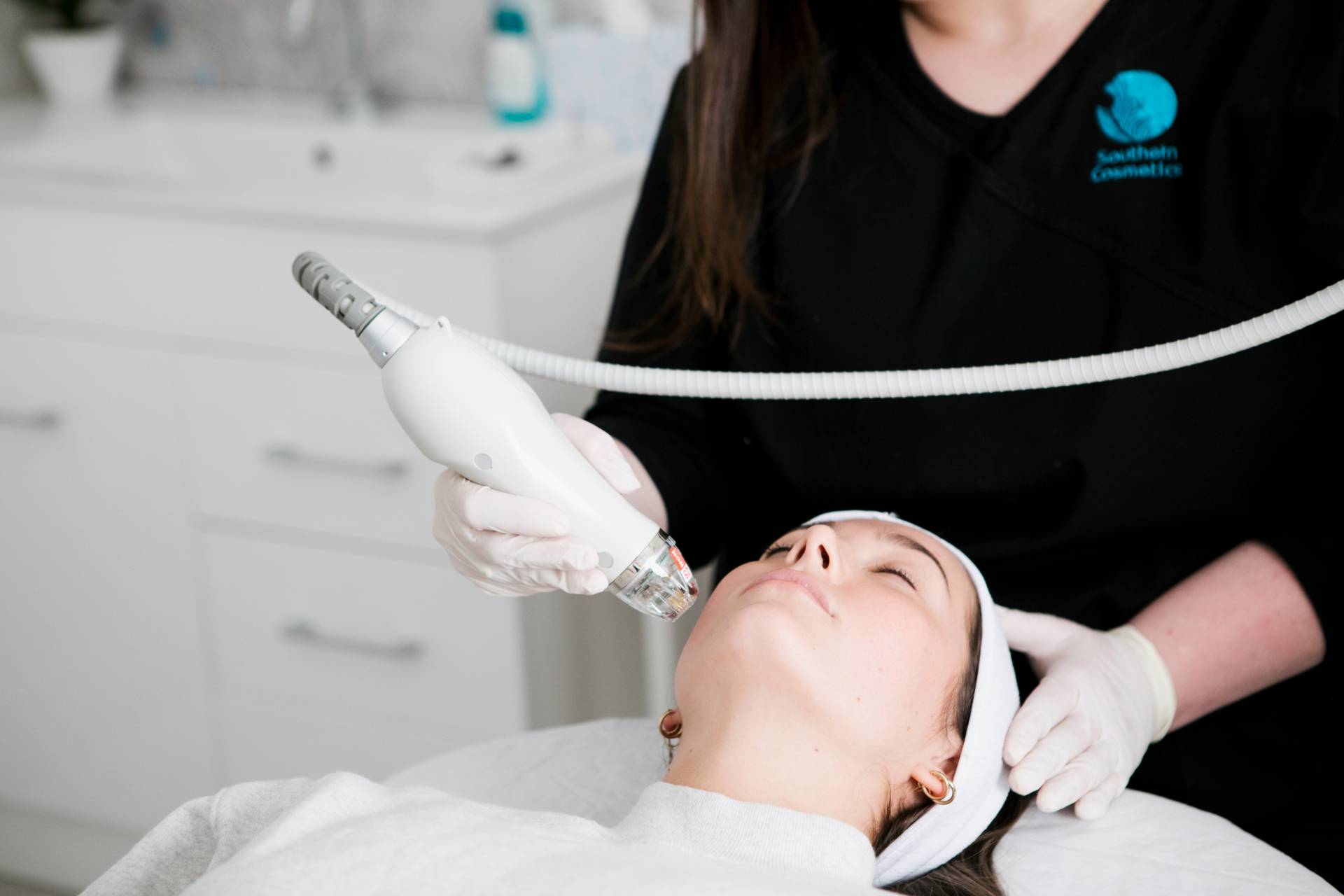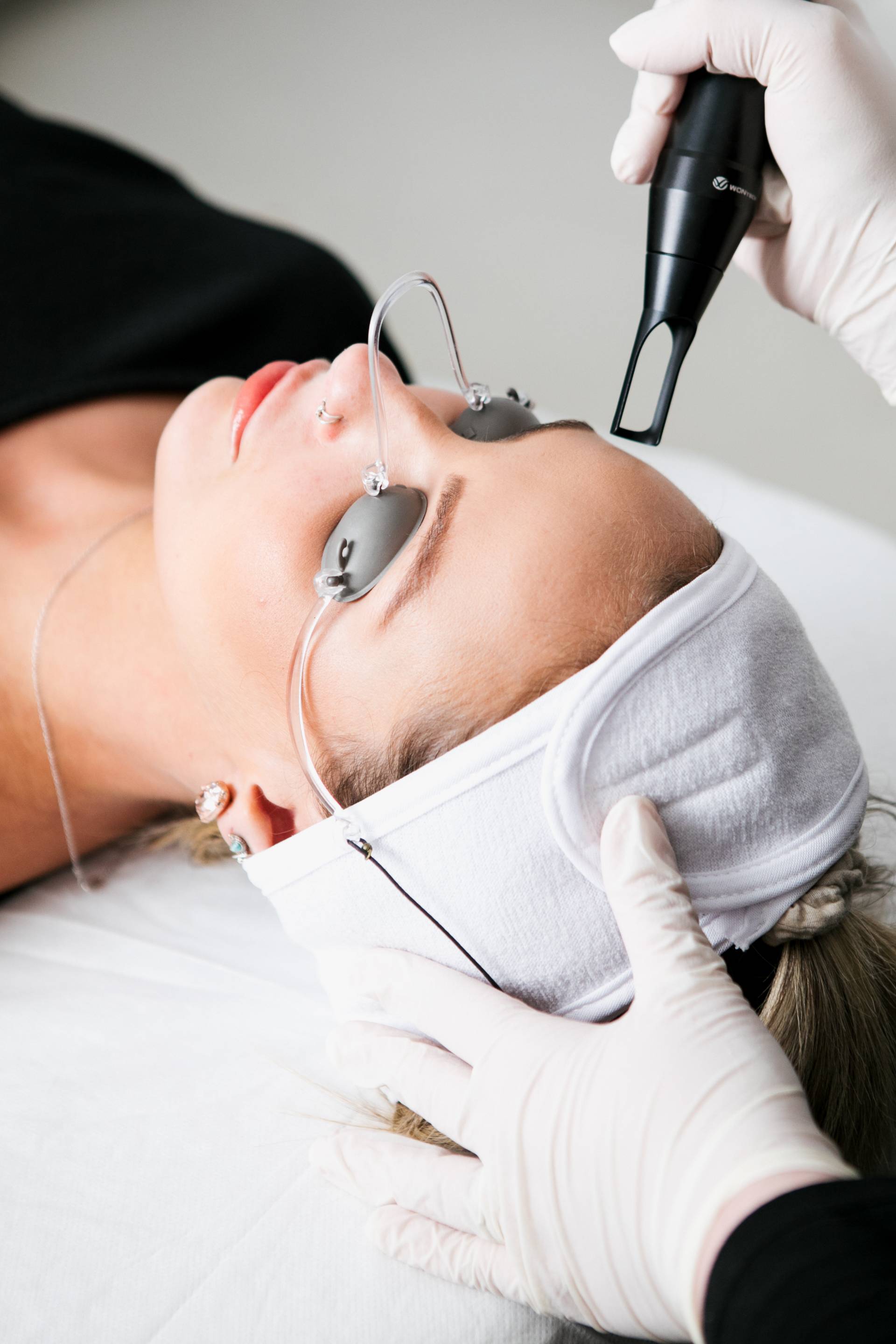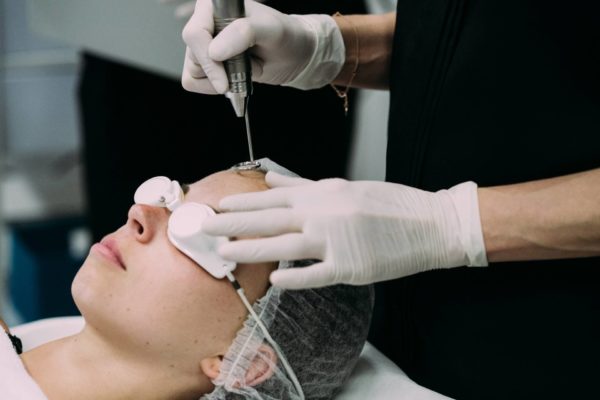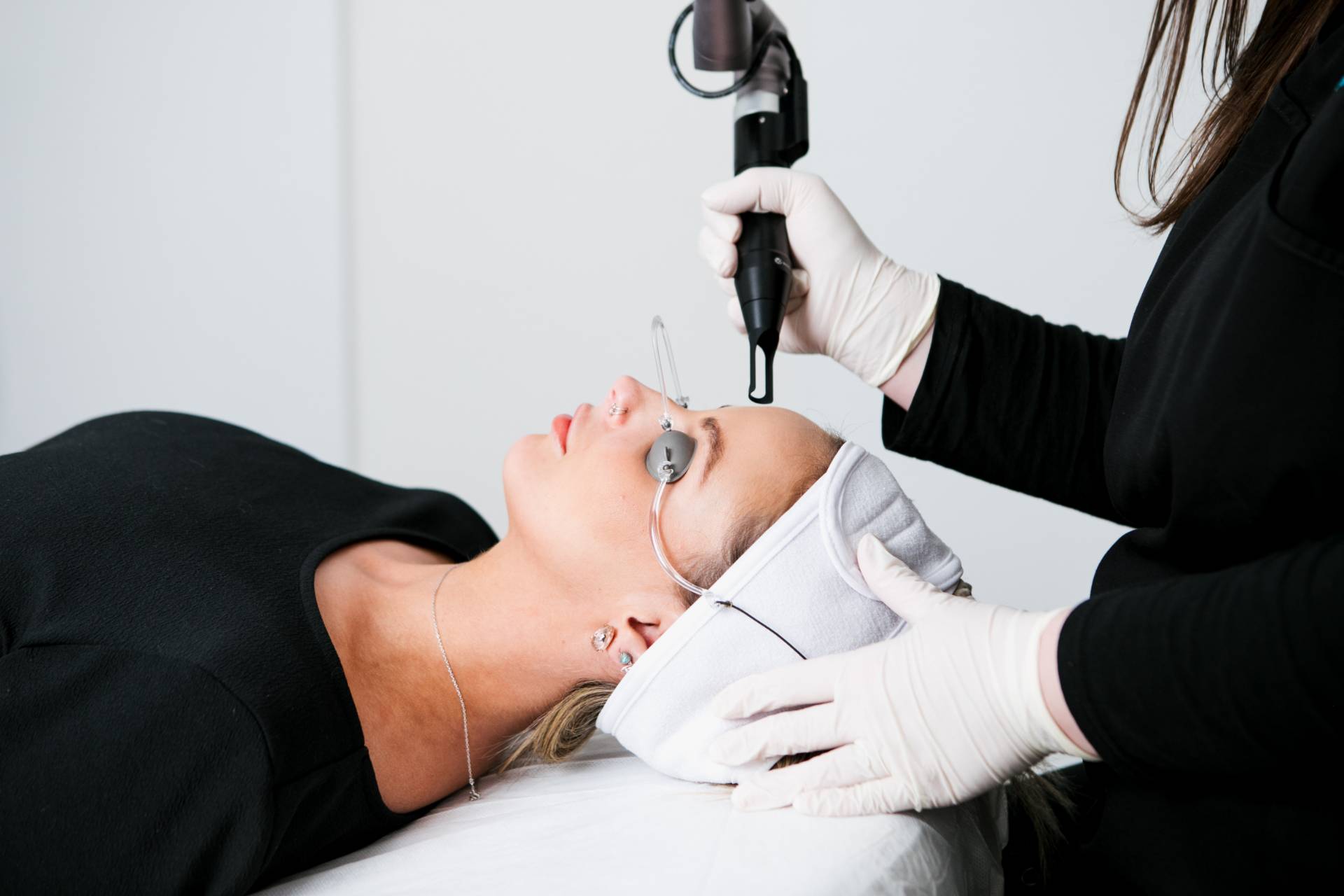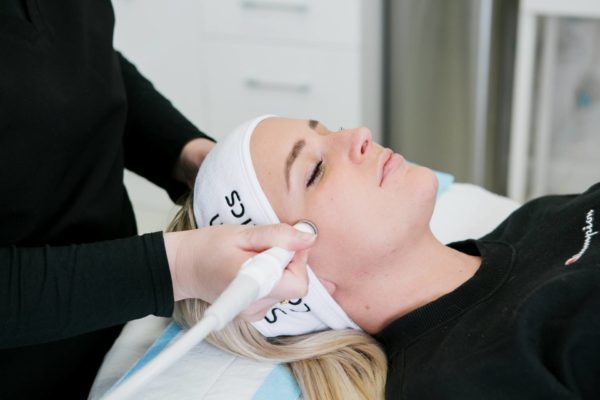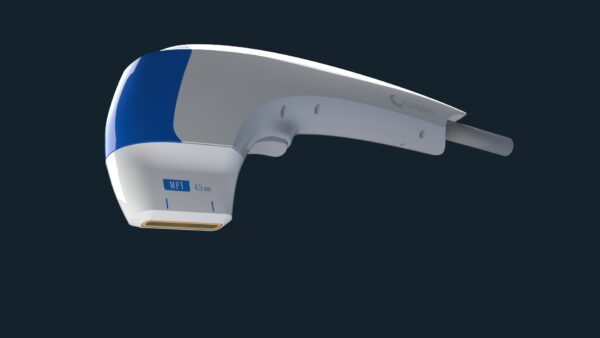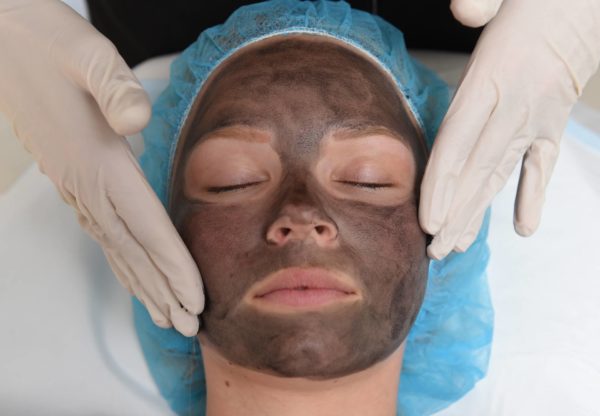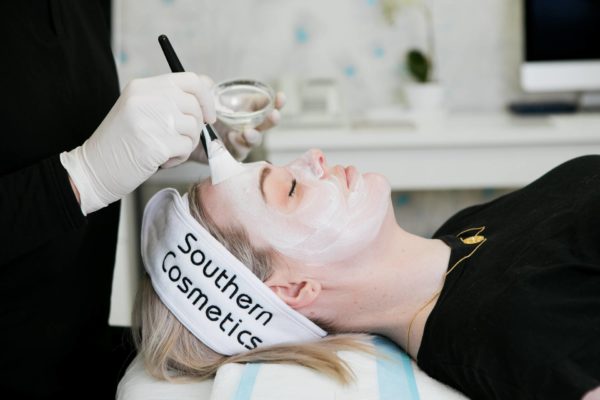Rosacea is a red facial rash that most often affects those aged 30 to 60. Sufferers tend to be fair-skinned, and often have chronic and recurrent symptoms. The red rash of Rosacea can be associated with flushing, pimples and sensitive skin.
What causes Rosacea?
The exact cause is unknown. There are several theories regarding its origin, including overactive facial blood vessels and inflammation, as well as genetic, environmental, vascular and inflammatory factors.
An increased incidence of Rosacea has been reported in those who carry the stomach bacterium, Helicobacter pylori, but most dermatologists do not believe it to be the cause. More recently a mite living on the surface of the skin has been implicated in causing Rosacea, although further research is currently underway to establish this possible link.
Rosacea may be aggravated by many cosmetics and skincare products and is particularly sensitive to topical steroid preparations.
Characteristics include:
- Red papules and sometimes pustules on the nose, forehead, cheeks and chin
- A red face due to persistent redness and/or prominent blood vessels – telangiectasia
- Blushing or flushing
- Dry and flaky facial skin
- Aggravation by sun exposure and hot and spicy food or drink (anything that reddens the face)
- Sensitive skin: burning and stinging, especially with makeup, sunscreens and other facial creams
- Enlarged unshapely nose with prominent pores and fibrous thickening – rhinophyma (in later stages)
Treatments for Rosacea
- Avoid trigger factors-foods, sun exposure, very hot or very cold weather, alcohol, stress, and heavy physical exertion. Some women also find hot flushes and menopause aggravate Rosacea.
- Some skincare may aggravate symptoms, particularly those containing alcohol (e.g. in toners), topical steroids and any skincare that irritates the skin such as Retin-A/Stieva-A (tretinoin). Changing your skincare or avoidance of certain skincare chemicals may be advisable.
- Use a non-irritating sunscreen – physical sunblock agents with titanium dioxide or zinc oxide tend to irritate skin less than chemical sunscreens. (e.g. Synergie Uberzinc).
How we can help
Medical-Grade Skincare
We can advise you about which skincare products will work best. Using skincare with anti-inflammatory ingredients is helpful in the treatment of Rosacea: aloe vera, arnica, calendula, chamomile, cucumber, provitamin B5, feverfew, green tea licochalone, perilla leaf extract, red algae, red clover, thyme, willow herb, and zinc.
Retinol and Retinaldehyde are less irritating forms of retinoid and are better tolerated by those with sensitive skin. They are available in most of our skincare ranges, as well as our Private Formula Retinol. Retinol and Retinaldehyde have been shown to reduce endothelial growth factors, which can worsen redness in the skin. Again, topical Retinol and Retinaldehyde should be introduced slowly to the skin to prevent it from causing any irritation that could worsen symptoms.
We also have specific Southern Cosmetics Rosacea packs with customized serums and creams for Rosacea sufferers.
Mineral make-up such as Jane Iredale’s Glowtime foundation range does not tend to exacerbate Rosacea. It may also contain some calming ingredients such as green tea extract and Zinc.
IPL, Vascular Laser and Laser Genesis
In patients with Rosacea, IPL and Laser can be used to remove visible capillaries and associated redness. Laser can also be beneficial in treating background redness, flushing and excess sebum production that is present in Rosacea sufferers. Usually multiple laser treatments are required, with some improvement seen after each session. Often the results last for many months or years.
Read more about our Vascular Laser and Laser Genesis treatments for rosacea.
Our treatments


